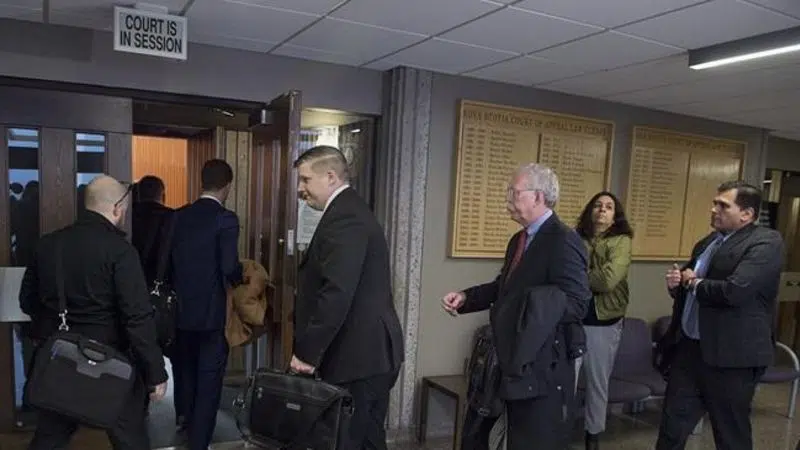
Cryptocurrency exchange gets court orders amid hunt for elusive assets
HALIFAX — Canada’s largest cryptocurrency exchange was granted protection from its creditors Tuesday as it deals with the fallout from its founder’s death and the virtual company’s inability to gain access to $180 million in digital assets believed to be locked in his laptop.
Gerald Cotten, CEO and sole director of the trading platform QuadrigaCX, was travelling in India on Dec. 9 when he died suddenly from complications linked to Crohn’s disease, court documents say.
He was 30 years old.



